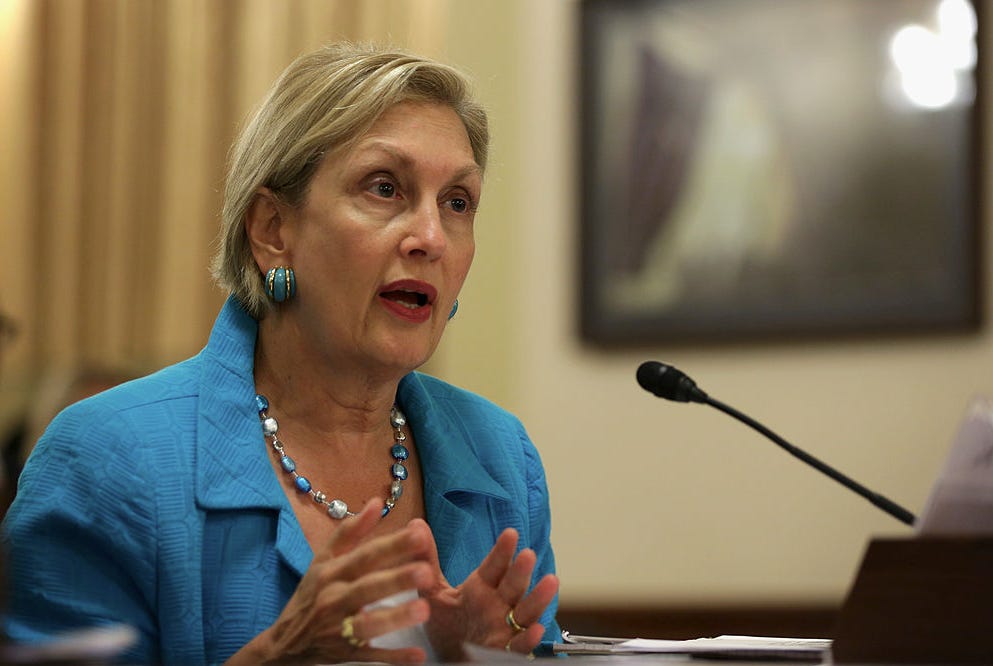Monopoly Round-Up: Economic Termites Preparing to Feast?Big business wants white glove treatment in Donald Trump's America. One example, economic termite Verisign, is illustrative of how Washington, D.C. is accommodating the new administration.Today’s round-up has good and bad monopoly-related news. But I thought I’d start by discussing how current government officials are accommodating the incoming Trump administration, not in flashy or high-profile places, but in the shadows, where only monied interests are paying attention. In June, I pointed out there are a set of companies called “economic termites,” which are “instances of monopolization big enough to make investors a huge amount of money, but not noticeable enough for most of us. An individual termite isn’t big enough to matter, but the existence of a termite is extremely bad news, because it means there are others. Add enough of them up, and you get our modern economic experience.” One of those termites is called Verisign, and it’s the company that manages the database of .com names due to a government monopoly charter that is shortly up for renewal. When I register TheBigNewsletter.com every year, for instance, I pay around $10, and that money goes to Verisign. There are resellers so it can get a little more complex, but that’s the gist. At 159 million domain names, that’s about a billion and a half dollars in annual revenue for Verisign, with a gross profit margin of 90%. Trump’s win has changed the calculus among certain government bureaucrats to increase that firm’s gross profit margins. Here’s how I characterized it in June:
Now, since I wrote my piece, there’s been reporting on a conflict between the NTIA and the Antitrust Division over how aggressive to be in negotiating with Verisign. According to the Capitol Forum, the NTIA had ignored its original competition mandate and was seeking to renew the contract without any limits. But the Antitrust Division put their foot down, and they were going to force Verisign to cut its price, or even rebid the contract. The backstory is that there always had been a price cap, because the NTIA had a competition mandate it has come to ignore. But in 2018, the Trump administration signed a deal with Verisign that removed it, because the Antitrust chief, Makan Delrahim, was ideologically opposed to public price setting, and also argued that domain names were irrelevant in an age of apps. Of course that type of thinking doesn’t make sense for a government-chartered monopoly like the .COM database, but sloppy thinking is how economic termites often flourish. Now that Trump won, allies of Verisign in the NTIA are using the election to suggest they should stop negotiating aggressively with Verisign on the contract renewal, assuming Trump will just reverse it when he takes office. Senator Elizabeth Warren and Rep. Jerry Nadler are demanding a crackdown nonetheless. All that said, it’s not clear that the new Trump administration is going to be like the old one in terms of tolerance for this kind of government-facilitated graft. The right has done a fair amount of intellectual work on the problem of corporate power, and this monopoly, since it’s straight-up government granted and tends to benefit Democrats like Warren Buffett and Jamie Gorelick, should be in the crosshairs. But that’s not, apparently, what people at the NTIA think. Does this particular corporation matter? Well, it’s a billion and a half dollars a year, so it’s not trivial. But more importantly, multiply this kind of thinking across every agency in a Federal government that structures a $25 trillion economy, and soon you’re talking real money. And now, the good and bad news of the week. Continue reading this post for free in the Substack app |


